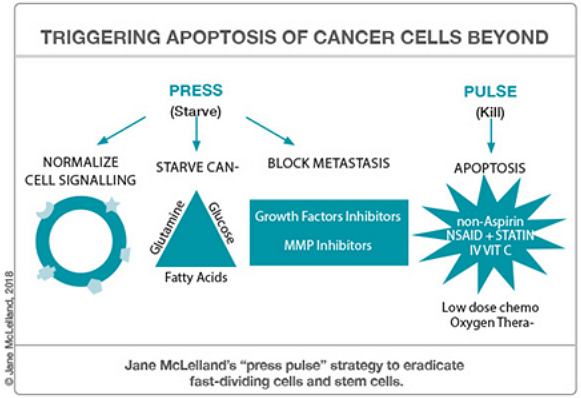.
S O U R C E : MedicalXpress
P A Y W A L L E D P R I M A L S O U R C E : PNAS (Statin-induced GGPP depletion blocks macropinocytosis and starves cells with oncogenic defects)

Dictyostelium Amoeba, the same species used in the initial drug screen. Credit: xiaoguang Li
More than 35 million Americans take statin drugs daily to lower their blood cholesterol levels. Now, in experiments with human cells in the laboratory, researchers at Johns Hopkins Medicine have added to growing evidence that the ubiquitous drug may kill cancer cells and have uncovered clues to how they do it.
The findings, say the researchers, enhance previous evidence that statins could be valuable in combating some forms of cancer. In unrelated studies, other Johns Hopkins Medicine researchers have studied how statins may cut the risk for aggressive prostate cancer.
"There have been epidemiological indications that people who take statins long term have fewer and less aggressive cancers, and that statins can kill cancer cells in the laboratory, but our research was not initially designed to investigate possible biological causes of these observations," says Peter Devreotes, Ph.D., Issac Morris and Lucille Elizabeth Hay Professor of Cell Biology.
Results of the new research appeared Feb. 12 in the Proceedings of the National Academy of Sciences.
Devreotes and his team began the new study with an unbiased screen of about 2,500 drugs approved by the U.S. Food and Drug Administration (FDA) to see which ones had the best kill rate of cells genetically engineered to have a mutation in a cancer gene called PTEN. The gene codes for an enzyme that suppresses tumor growth. Among the thousands of drugs, statins and in particular pitavastatin, emerged as a top contender in cancer-killing ability. Most of the other drugs had no effect or killed normal and engineered cells at the same rate. Equal concentrations of pitavastatin caused cell death in nearly all of the engineered cells, but very in few normal cells.
Devreotes and his team then looked at the molecular pathways that statins were likely to affect. It's well known, for example, that statins block a liver enzyme that makes cholesterol, but the drug also blocks the creation of a small molecule called geranylgeranyl pyrophosphate, or GGPP, which is responsible for connecting cellular proteins to cellular membranes.
When the researchers added pitavastatin and GGPP to human cancer cells with PTEN mutations, the researchers found that GGPP prevented the statin's killing effects and the cancer cells survived, suggesting that GGPP may be a key ingredient to cancer cell survival.
.../...
.
































 This topic is locked
This topic is locked














